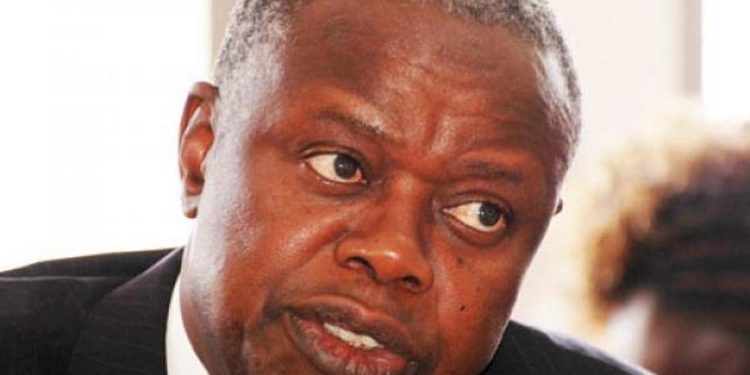The recently exposed corruption scandal at Makerere University Business School (MUBS) under the leadership of Prof. Wasswa Balunywa is a staggering indictment of the institution’s leadership. For 25 years, Prof. Balunywa held the reins of MUBS, yet his tenure now appears to have been nothing short of a breeding ground for corruption, mismanagement, and abuse of power. This damning IGG report isn’t just a reflection on MUBS; it’s a reflection on a broader system that allowed such rot to fester.
Prof. Balunywa’s reign saw the institution spiral into chaos, where corruption was the order of the day, and accountability was a foreign concept. The allegations range from irregular recruitment practices, where positions were handed out like candy to the unqualified, to the gross mismanagement of staff funds, with NSSF contributions mysteriously disappearing and taxes unpaid to the Uganda Revenue Authority. These are not minor administrative lapses; they are calculated acts of embezzlement and fraud, ripping off the very people the institution was supposed to serve.
What’s more egregious is the blatant favoritism in staff appointments. The report highlights how Balunywa’s administration allegedly promoted unqualified individuals to lead newly created departments and faculties. This is not just a failure of leadership; it’s a deliberate attempt to undermine the integrity of MUBS for personal gain. These actions have turned what was once a reputable institution into a laughingstock, where qualifications and merit are irrelevant, replaced instead by connections and favoritism.
The diversion of tuition fees into personal accounts is a stark example of the unchecked greed that ran rampant under Balunywa’s watch. Rather than investing in the students’ education, these funds lined the pockets of a few corrupt individuals. The misuse of MUBS funds for personal staff, including gardeners and cooks, further reveals a culture of entitlement and disregard for public resources that has become all too familiar in Uganda’s public institutions.
This scandal is not just about the misdeeds of one man; it’s about a systemic failure that allowed such rot to thrive unchecked. It’s about a government that turns a blind eye to corruption until the rot is too deep to ignore. It’s about a society where the powerful can plunder public institutions without fear of consequences.
The consequences for MUBS should be severe. Those involved in this corruption must face the full wrath of the law. Prof. Balunywa’s legacy, once seen as one of academic leadership, is now forever tainted by this scandal. The question remains: will this be the moment Uganda finally says enough to the corruption that’s destroying its institutions? Or will this, like many other scandals, fade into oblivion, with no real change ever taking place?







Discussion about this post